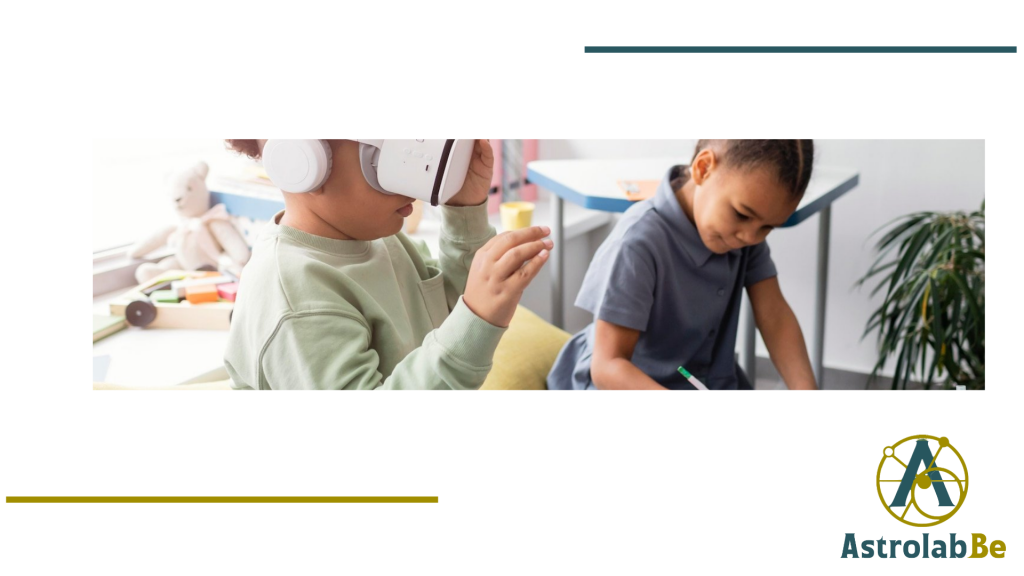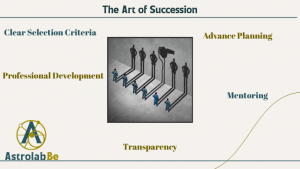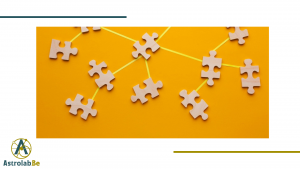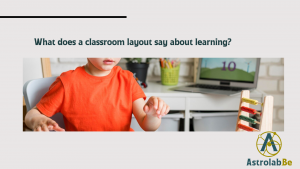
In an ever-evolving world, education systems face the challenge of adapting to a rapidly changing landscape. The future of education is being shaped by a multitude of external forces, as identified in the Studyportals report «Envisioning Pathways to 2030» and the OECD’s «Trends Shaping Education 2022«. These forces encompass everything from demographic shifts to technological advancements, each impacting how schools prepare students for life and work in the 21st century. In this article, we explore these megatrends and delve into the critical questions and considerations that educators, policymakers, and society as a whole must address to ensure equitable and effective education for all.
- Economic Growth: Bridging Socio-economic Inequalities
One of the driving forces shaping education is economic growth. While this growth brings opportunities, it also exacerbates socio-economic inequalities. The question is, how can schools offer fair access to opportunities for all students, regardless of their socio-economic backgrounds? To address this challenge, strategic investments in education are needed. These investments should focus on improving access to quality education, providing support for disadvantaged students, and ensuring that education systems promote social mobility.
Additionally, as economic growth leads to changing job markets, schools must equip students with the skills and competencies needed for effective participation in society and the economy. This involves reimagining curricula to emphasize critical thinking, problem-solving, and adaptability. Lifelong learning is crucial in this context, with technology playing a pivotal role in facilitating ongoing skill development and retraining.
- Living and Working: Preparing for a Changing World
The way people live and work is undergoing significant transformations. Non-standard forms of work, reduced working hours, and the blurring lines between work and personal life are challenges that schools must address. Non-formal learning can play a crucial role in preparing students for life outside traditional employment structures.
Moreover, schools must recognize the importance of well-being in the lives of students and their families. The pressure for perfection, driven by the quantification of life, calls for a balanced approach to education. Schools should promote mental health, stress management, and holistic well-being.
- Knowledge and Power: Navigating the Information Age
In an age characterized by information overload and the prevalence of AI systems, schools must prepare students and teachers to access and use knowledge effectively. This involves digital literacy and critical thinking skills to discern credible sources from misinformation. Teaching professional standards should be updated to incorporate these essential skills.
As the world becomes more polarized, schools have a role in combining knowledge with values. Fostering open debates and discussions is crucial for inclusivity, public trust, and developing informed citizens.
- Identity and Belonging: Fostering Inclusivity in a Globalized World
In a globalized and multicultural society, schools must promote understanding and respect for diverse cultural perspectives while nurturing a sense of belonging through shared human commonalities. Giving students a voice and choice in their learning and involving them in the assessment of education quality can create a stronger sense of community.
The evolving nature of virtual and real-life identities further complicates this landscape. Education and technology should support individuals in developing a strong sense of identity and belonging while ensuring their well-being.
- Our Changing Nature: Education’s Role in Sustainability
Climate change poses a significant challenge to education systems. Schools must address environmental inequalities, promote green skills, and help students understand the consequences of their daily actions on the planet. Outdoor learning and connecting with nature can play a vital role in this education.
In urban settings, schools need to find innovative ways to incorporate nature into the curriculum. Additionally, addressing sedentary lifestyles and unhealthy dietary habits is essential for students’ well-being.
The post-COVID era has accelerated the adoption of hybrid learning. Schools must consider the implications of this shift on diversity and individualized learning. They should also prioritize students’ well-being and social interactions within distance learning contexts.
In considering the future of education in the 21st century, it becomes evident that our ability to adapt to ongoing changes is crucial. These significant trends, encompassing economic shifts and societal transformations, shape the educational landscape for present and future generations.
Education serves as a fundamental pillar of empowerment, inclusivity, and sustainability in our society. It is a collective endeavor that requires the cooperation of educators, policymakers, and society as a whole. Embracing these challenges and opportunities is not merely important but rather a compelling necessity. By doing so, we can envision a future where education remains accessible to all in an equitable manner and continues to evolve to meet the ever-changing demands of our world.





